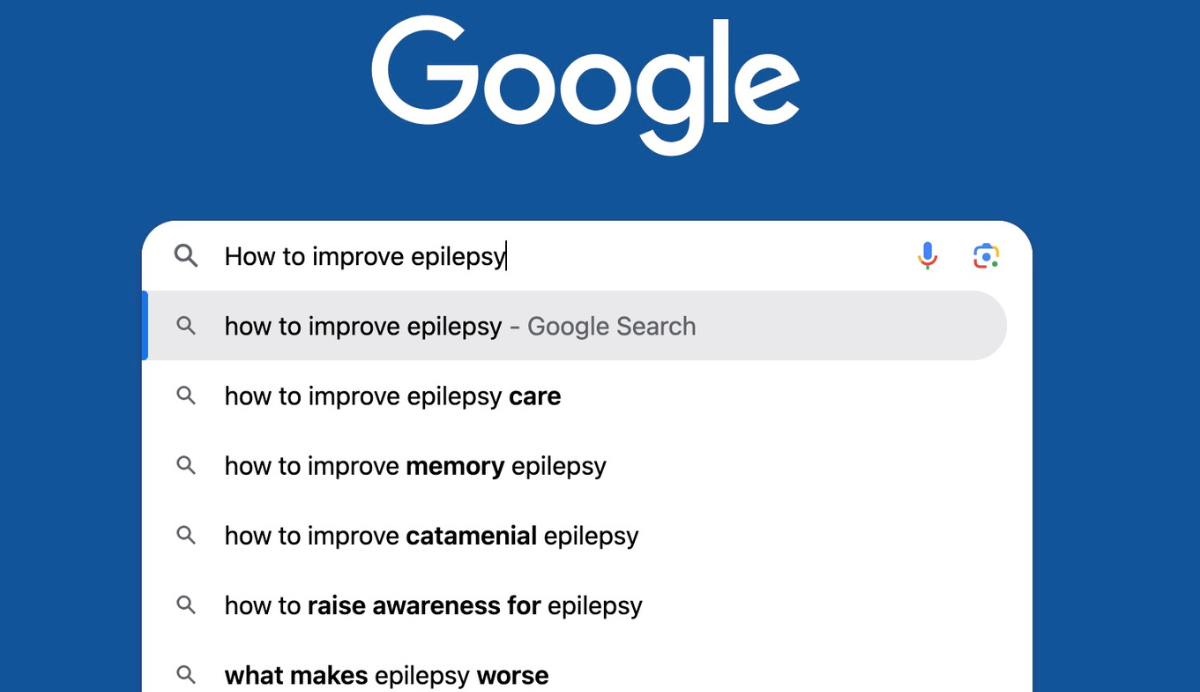Using a telehealth-based design, First Seizure Clinic patients were screened for cognition, mood, and anxiety symptoms, prior to an epilepsy diagnosis.
The study found that people with newly diagnosed epilepsy can experience problems with their thinking and memory skills, and low mood and anxiety, as early as their first seizure, and suggests that these issues are due to underlying brain disturbance, rather than the effects of ongoing seizures or antiseizure medication.
Cognitive and psychological dysfunction is present after a first seizure, prior to epilepsy diagnosis and treatment at a First Seizure Clinic with neuropsychological profiles similar to those seen in people with chronic epilepsy. The findings indicate that neuropsychological deficits are already present and detectable at the very onset of the condition. The study also demonstrates the viability of telehealth neuropsychological screening for all new epilepsy cases as a means to assist with early management of these problems.
Remy is a research assistant and PhD candidate within the Epilepsy Cognition Group at The Florey. She is currently completing her doctoral training in clinical neuropsychology at Monash University. Her research focuses on screening neuropsychological function in new-onset epilepsy within a First Seizure Clinic.
-2.jpg)
AEP Keynotes at AWS Summit Sydney Innovation Day

AEP hailed as an exemplar for transforming lives


